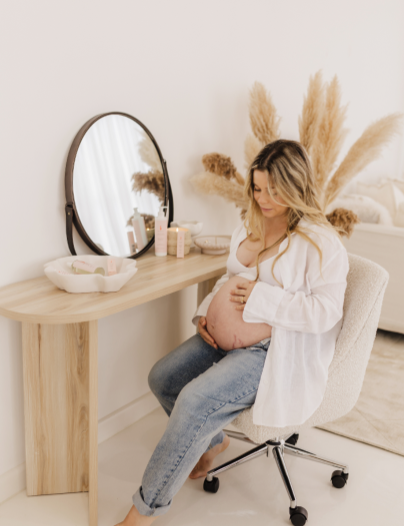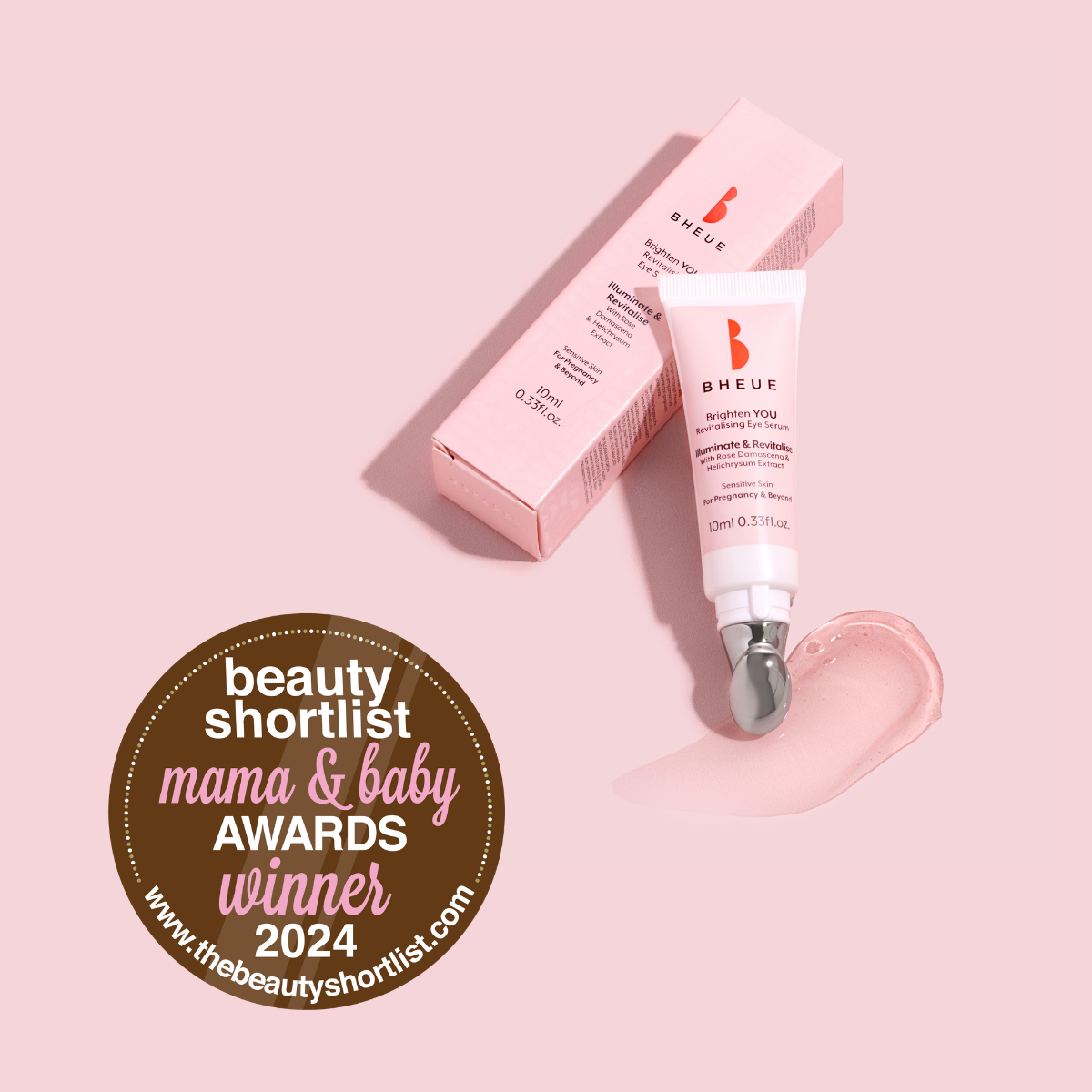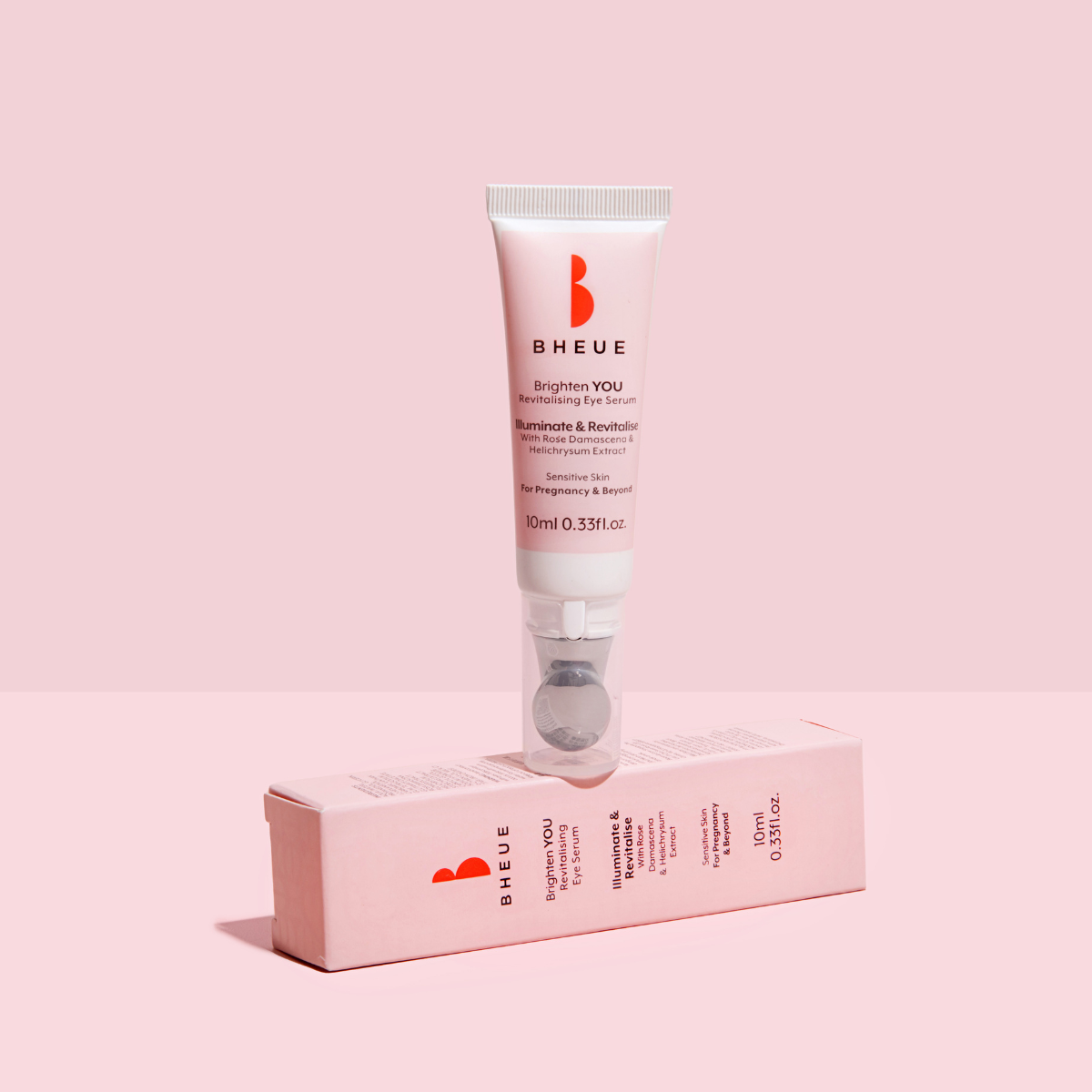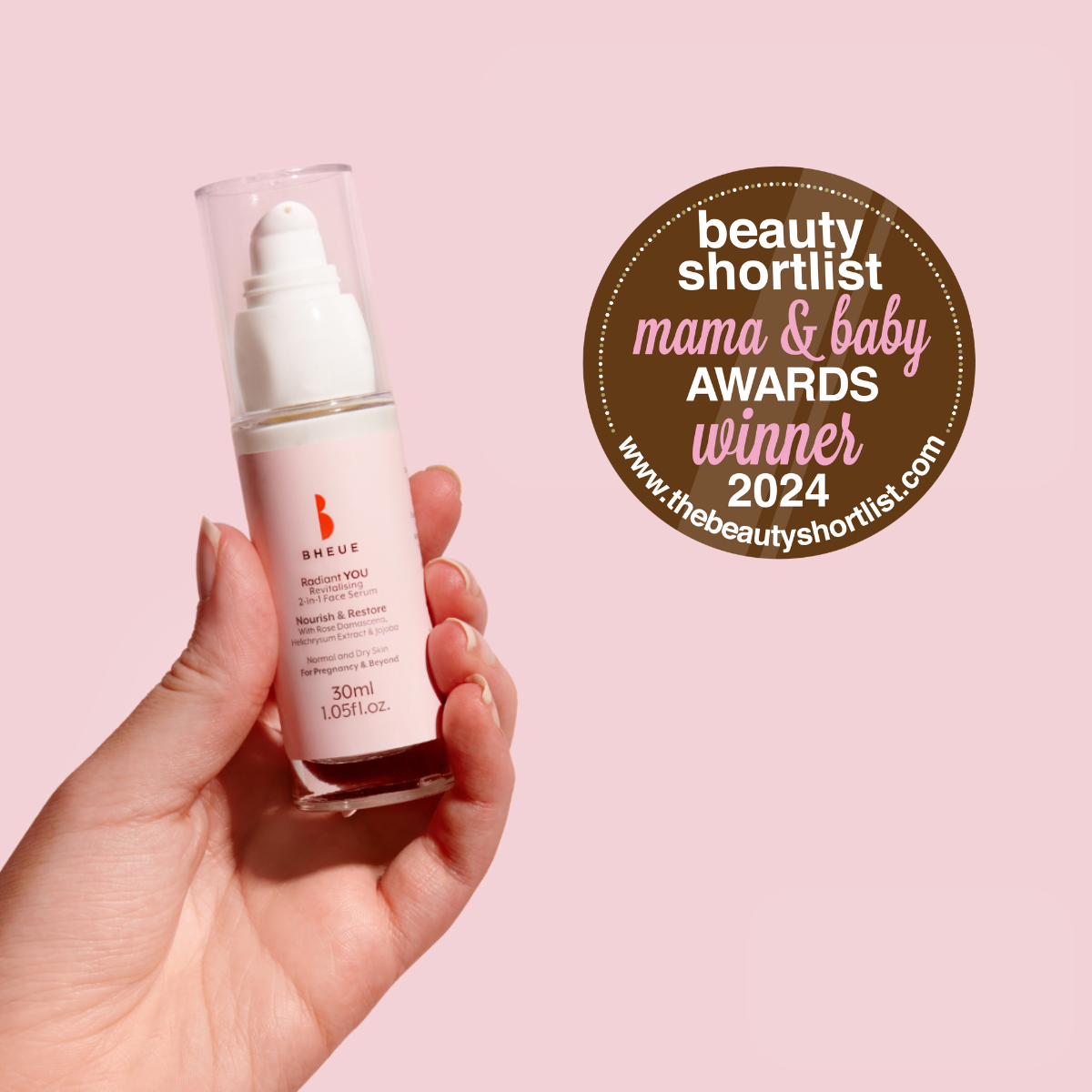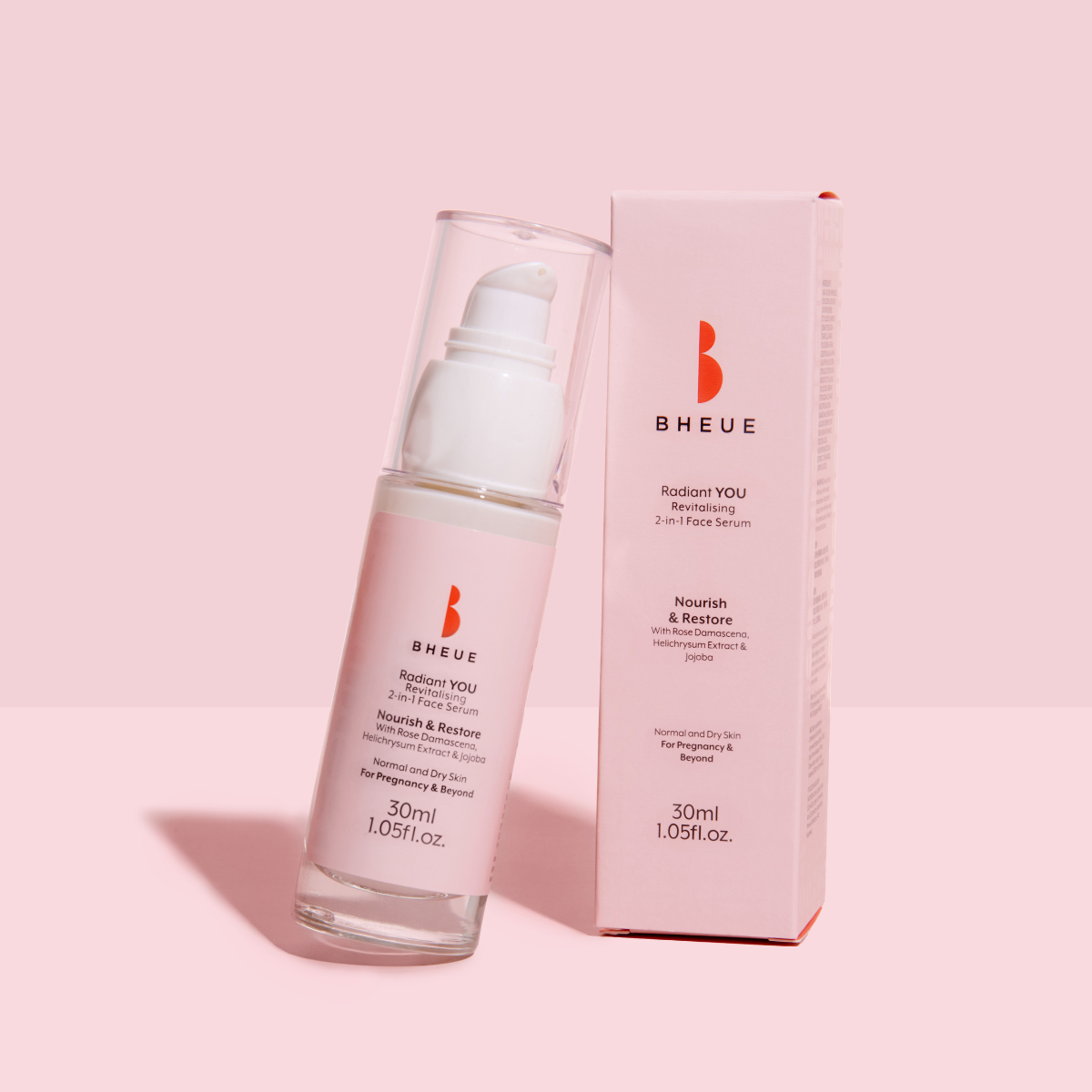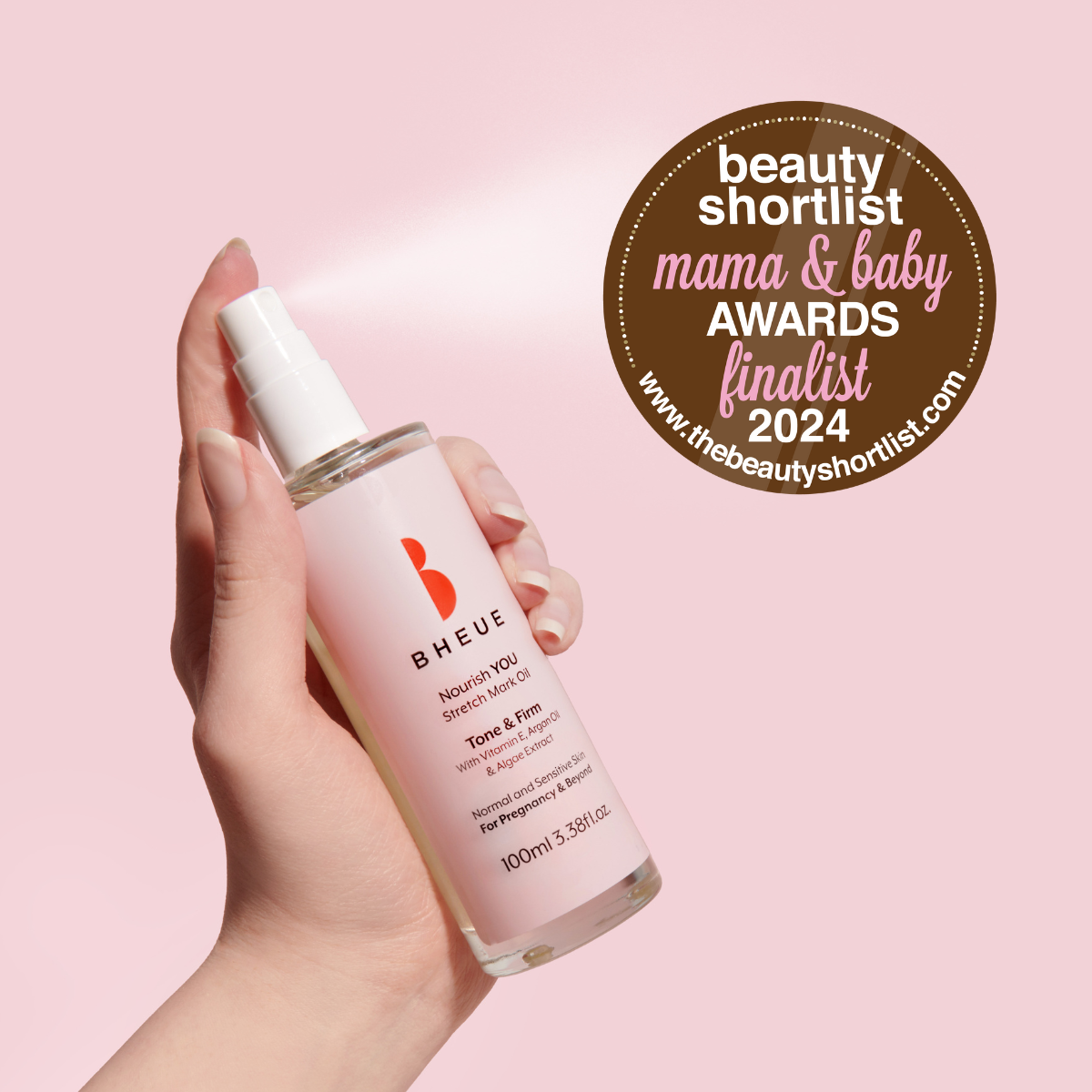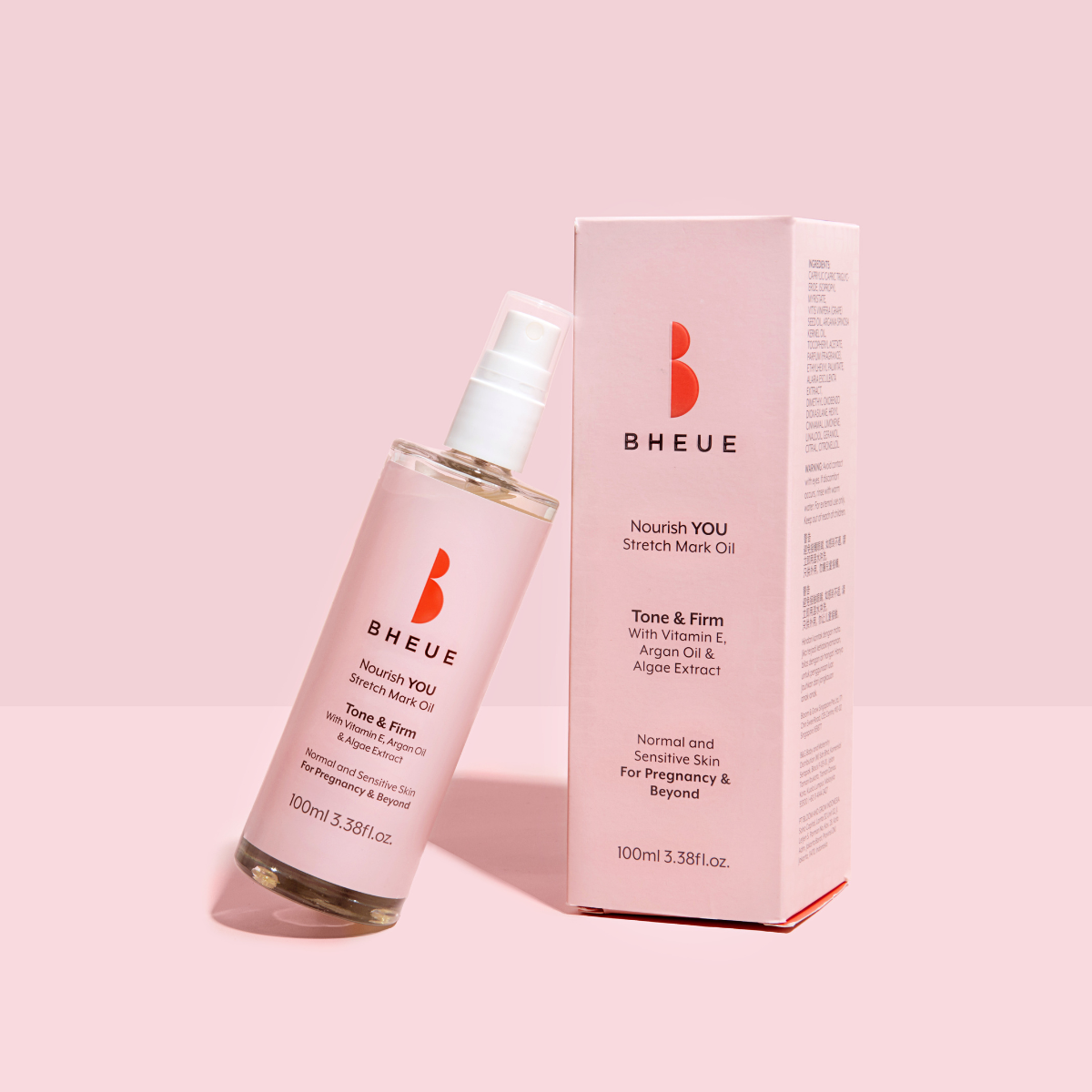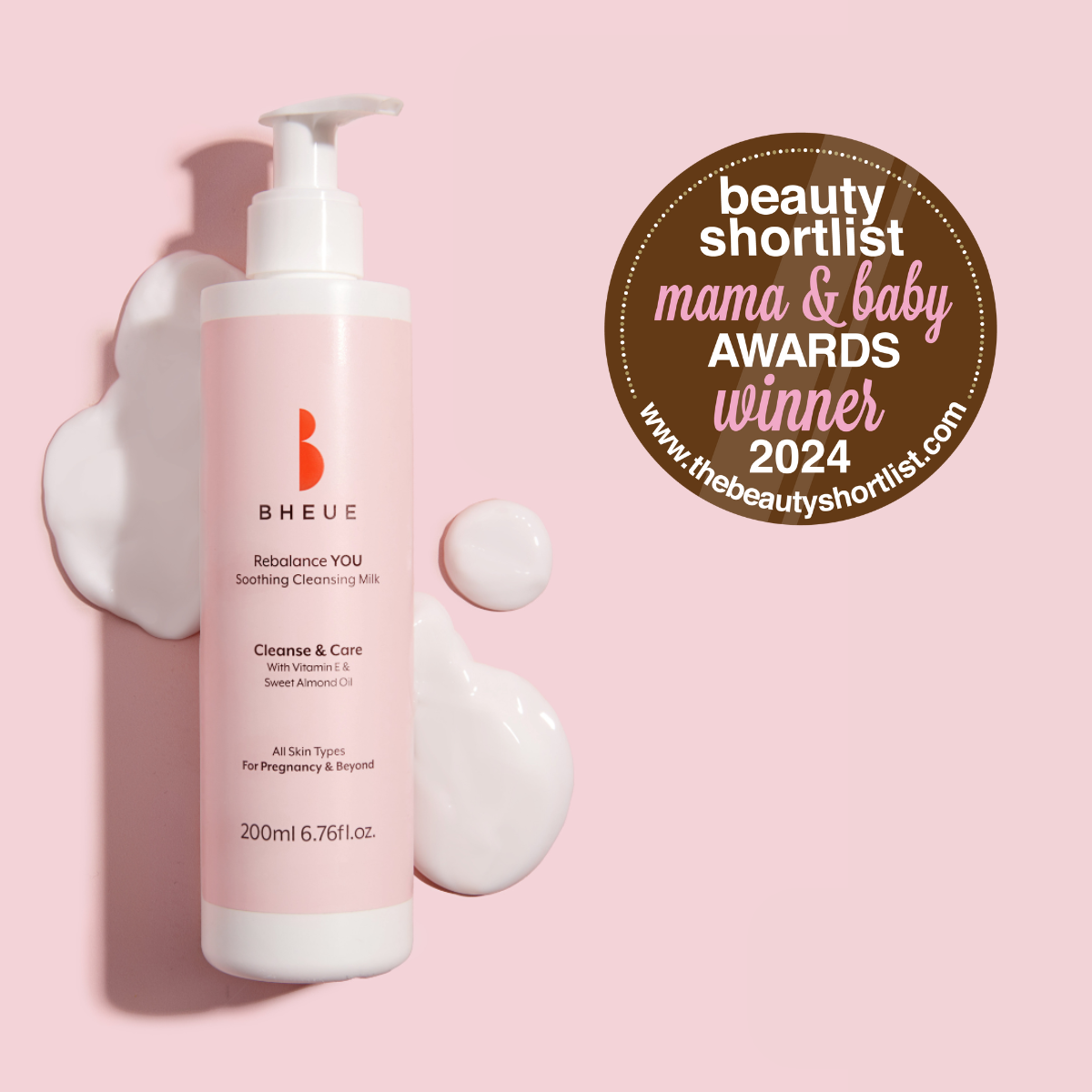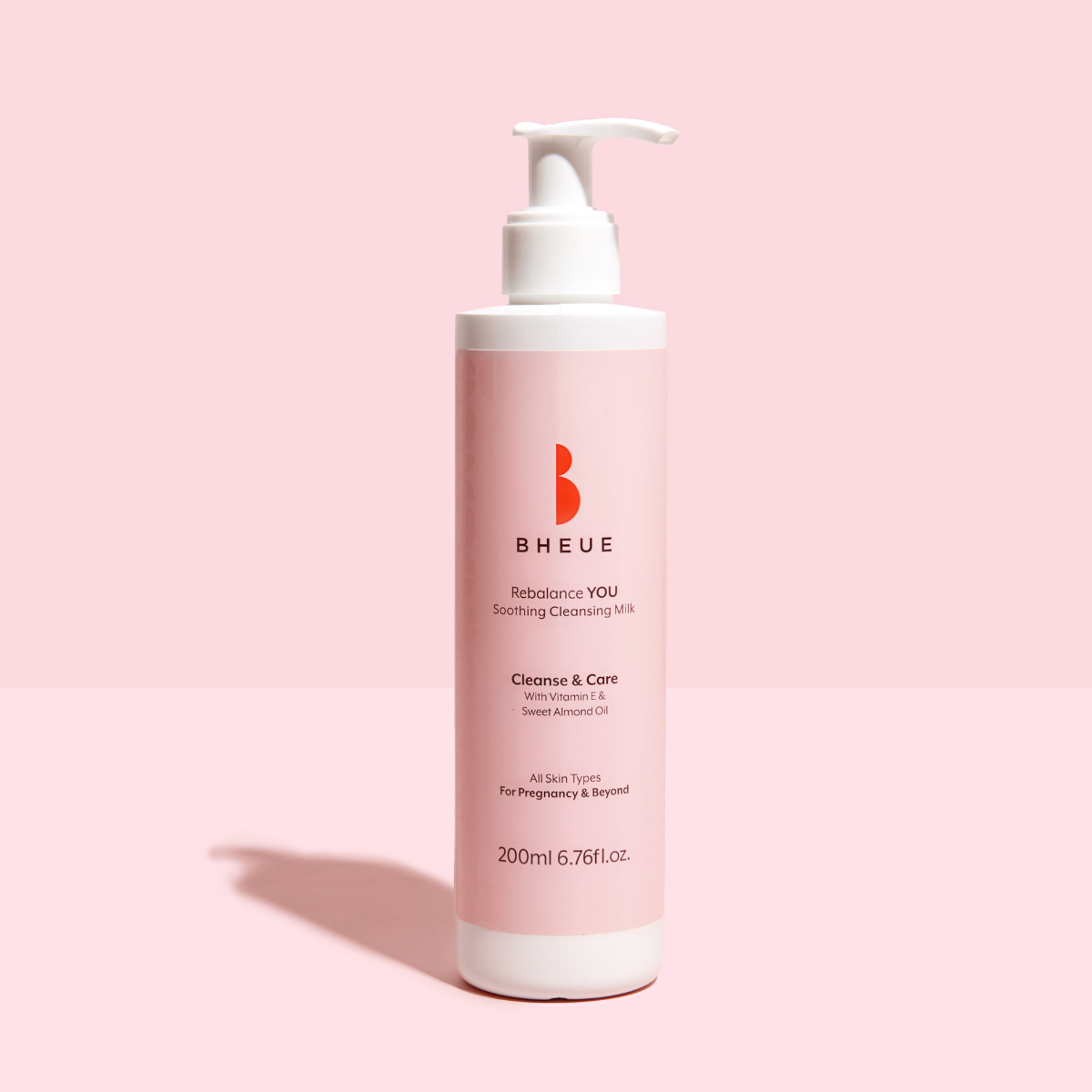What does it mean to be pregnancy and breastfeeding safe?
When you find out you've fallen pregnant, there are parts of your lifestyle that require adjustments -like not ordering your favourite wine while dining, avoiding certain foods, medicines and this also may include some skincare ingredients. Alike to medication and supplements, skincare ingredients are absorbed through the skin and bloodstream that may be passed down to your developing baby. So what does it mean to be pregnancy and breastfeeding safe? To avoid confusion, we’ve put together a list below of skincare ingredients that expected mothers should completely avoid during pregnancy along with alternative solutions.
1. Vitamin A (Retinoids, Retinol)
Products with Retinol are known for its ability to minimise fine lines, wrinkles, and uneven skin tone. However when a pregnant woman takes high doses of vitamin A during pregnancy, it may cause birth defects and other adverse outcomes. If a growing baby is exposed to high levels of Vitamin A, and excessive amounts can interrupt with the development of the baby's organs. Therefore highly advised not to be used during pregnancy.
Alternative: Use exfoliating scrubs based on salt, sugar, lactic acid or glycolic acid to help remove dead skin and keep skin clear. To moisturise and hydrate skin with pregnancy-safe and anti-ageing benefits, look for products made with hyaluronic acid.
2. Salicylic Acid (in high doses)
Known to treat acne, Salicylic Acid can be found in peels and oral medications however high doses of the ingredients should be avoided during pregnancy.
Alternative: Low-dose solutions, such as over the counter topicals are safe to use during pregnancy. Products with azelaic or glycolic acid can be an alternative treatment for acne. For severe cases of acne, speak to your medical provider to recommend a pregnancy-safe topical treatment.
3. Hydroquinone
Only available by prescription, hydroquinone is used to brighten/lighten skin, treat dark spots or minimise pigmentation in skin affected to melasma or chloasma -both of which may occur to some women during pregnancy. Our bodies can only absorb a capped amount of hydroquinone, therefore it is recommended to avoid during pregnancy.
Alternative: Try skincare products containing azelaic or glycolic acid, as these skincare ingredients may help reduce skin pigmentation and brighten the skin.
4. Chemical Sunscreens
Chemical sunscreens work by absorbing UV rays and converting them into heat, which is then released from the skin. Some of the commonly used chemical sunscreen ingredients, such as oxybenzone, octinoxate, and homosalate should be avoided as this can cause harm to both the expectant mother and the growing baby.
Alternative: Look for topical sunscreens that contain titanium dioxide or zinc oxide, as these will not absorb into the skin and sit on the surface but still be able to protect your skin from harmful UV rays. Also, make sure your sunscreen offers SPF 30+ or higher.
Being pregnant doesn’t mean you can’t have self-care (in fact it’s super important!) but there just needs to be couple of adjustments to your daily skincare routine. Always scan for any potentially harmful ingredients before using your skincare products or when in doubt consult your medical provider.
Be YOU
Bheue xx




